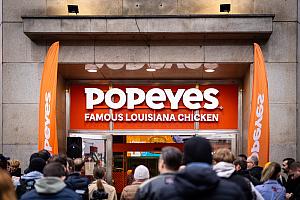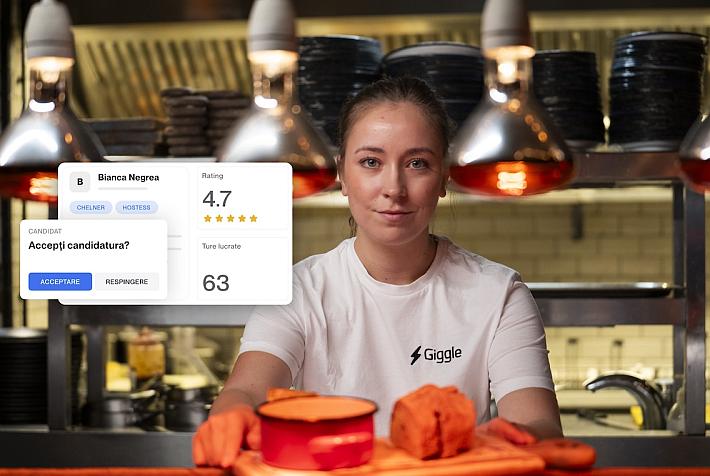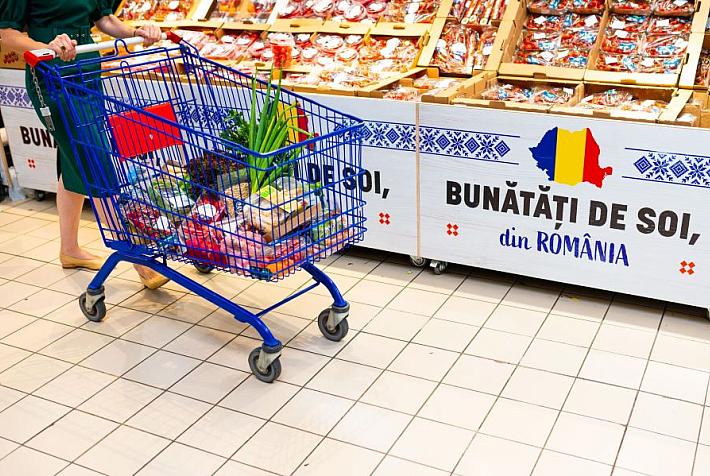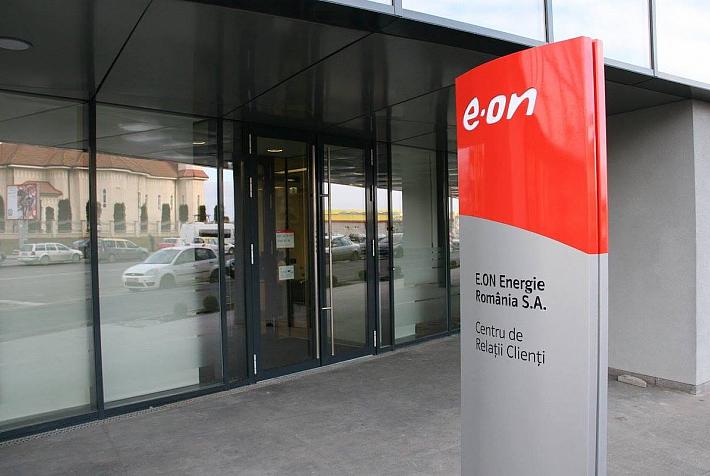Retail chains' expansion witnesses robust private consumption in Romania

In the day when the opening of Arges Mall in Pitesti (April 25) brought the third Mcdonald's and also the third KFC fast food restaurant in the city, as well as a long array of fashion outlets such as Zara, Pull&Bear, Bershka, Stradivarius, Reserved, House, Cropp, Sinsay, C&A, the Danish furniture retailer JYSK launched its 141st store in Romania in Sinaia, and the German discount supermarket chain Kaufland opened its 178th local store in Bistrita Nasaud.
Romania's retail sales surged by 12.2% y/y in February – the sharpest annual rise since private consumption in the post-COVID period (2021), according to data from the statistics office INS.
The state forecasting body expects private consumption to gradually accelerate from an annual growth of 2.3% in 2023 to 4.3% in 2026 and become the strongest growth driver in the coming years.
But concerns about the sustainability of high real growth of incomes (wages) are more frequently expressed by analysts and the fiscal corrective package expected for 2025 after the elections this year may pour water on the country's buoyant private consumption. Until then, however, private consumption took a strong headstart in 2024.
Non-food sales surged by nearly 20% y/y in February, witnessing resumed consumer confidence that surfaced in stronger borrowing, among others.
Net wages increased by an average rate of around 7.3% y/y in real terms in January-February, after the relatively weaker +4.4% real advance in 2023.
Although the average interest on consumer loans decreased by only 1.4 percentage points (pp) from 14.17% in February 2023 to 12.76% in February 2024, the volume of consumer loans in January-February 2024 (local currency) surged by 63% y/y. The annual growth rate was +69% y/y in February.
iulian@romania-insider.com
(Photo source: Tero Vesalainen/Dreamstime.com)













